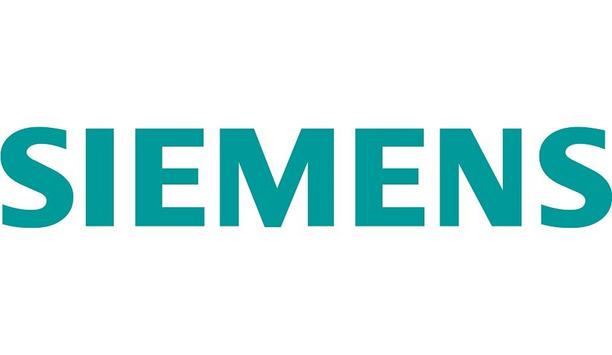On March 22 the Senate Committee on Commerce, Science, and Transportation held a hearing on “Improving Rail Safety in Response to the East Palestine Derailment."
Chief David Comstock of the Western Reserve Joint Fire District in Ohio testified at the hearing on the behalf of the National Volunteer Fire Council (NVFC). The hearing provided an opportunity for the NVFC to raise awareness of the need for critical funding for first responder training, equipment, and health screenings.
need to train and equip firefighters
Comstock’s department was one of over 50 fire departments that responded to the train derailment in East Palestine, OH.
He explained in his testimony that this incident emphasized the need to better train and equip firefighters to respond to hazardous materials incidents, specifically to derailments in rural areas, which are mostly served by volunteer departments that often lack sufficient resources, tax base, and manpower for this type of large-scale incident.
Fire services
Comstock advocated for several fire services priorities as potential solutions to this need.
These priorities include increased funding for grants provided through the Pipeline and Hazardous Materials Safety Administration (PHMSA) as well as the Assistance to Firefighters Grant and the Staffing for Adequate Fire and Emergency Response grant.
PIT Crew program
Comstock emphasized how important it is for training to be available at no cost to volunteer departments
Comstock also spoke to the Committee about the NVFC’s efforts via a grant from PHMSA to increase hazmat response proficiency throughout the United States with the Partners in Training (PIT) Crew program.
Through this program, the NVFC is offering 15 in-person hazmat train-the-trainer opportunities across the U.S. at no cost to departments. Comstock emphasized how important it is for training to be available at no cost to volunteer departments, which often lack a tax base to support this type of training.
Baseline, follow-up health screenings
In addition, Comstock explained how firefighters face a higher risk of developing cancer compared to the general public. He urged Congress to fund baseline and follow-up health screenings for firefighters who have been exposed to hazardous materials incidents.
Comstock explained that these screenings would protect firefighters and save resources by preempting potential health complications like cancer. The NVFC will continue to work with Congress to address the issues and priorities that were discussed in the testimony.
















